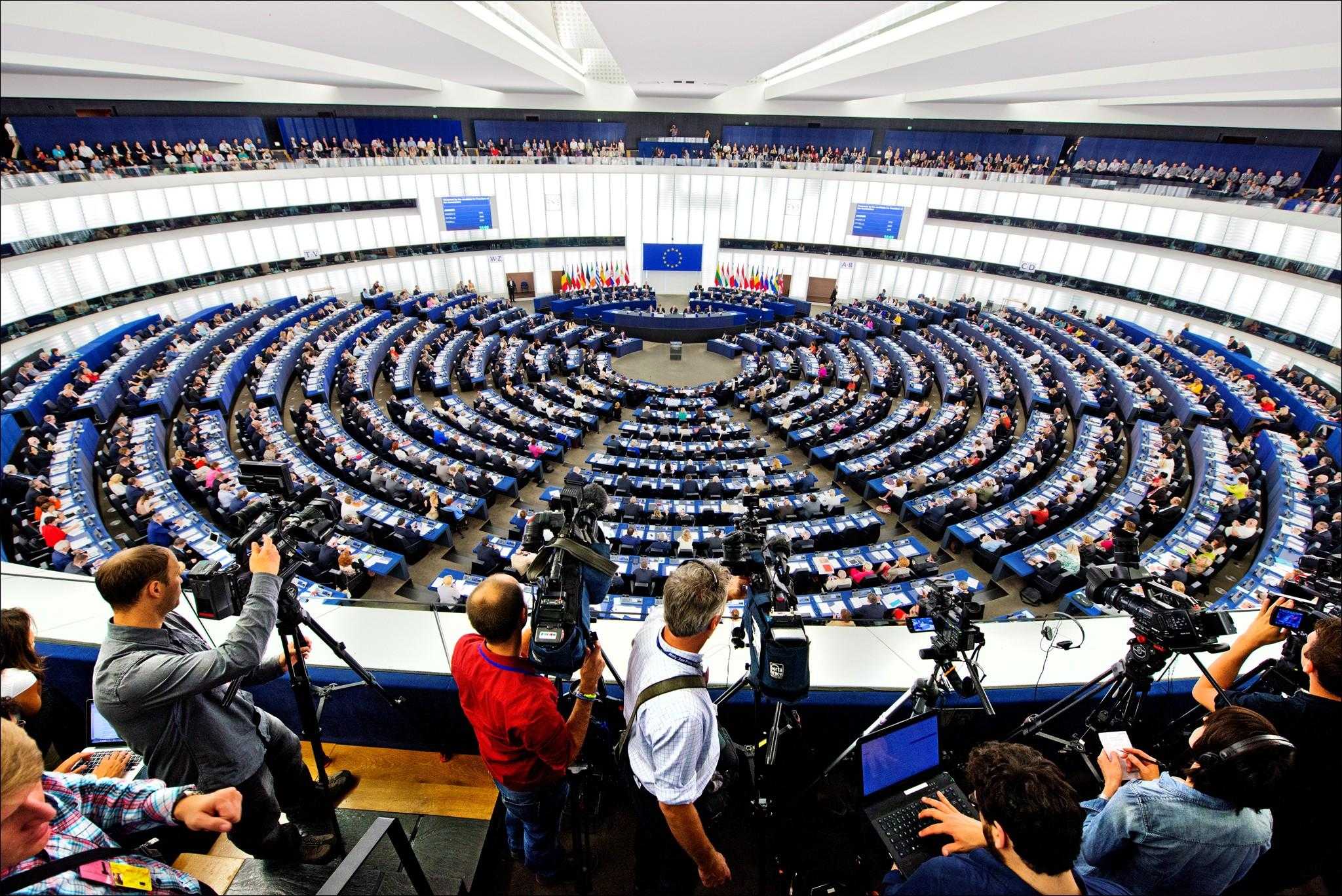European Parliament Ratifies Pioneering AI Regulatory Framework
On March 13, 2024, the European Parliament made a decisive move in the realm of digital policy by granting final approval to a groundbreaking piece of legislation designed to regulate artificial intelligence (AI) applications. This legislative act marks a significant milestone as the European Union (EU) positions itself at the forefront of AI regulation globally, outpacing other major jurisdictions, including the United States.
The newly approved law is set to establish a comprehensive legal framework that will address the multifaceted challenges and potential risks associated with AI technologies. By doing so, it aims to ensure that AI systems are deployed in a manner that upholds European values, such as privacy, transparency, and accountability, while fostering innovation and public trust in these rapidly evolving technologies.
Scope and Impact of the Legislation
The legislation encompasses a wide range of AI applications, setting out clear rules for high-risk systems that have significant implications for individuals’ rights and safety. This includes AI used in critical infrastructure, employment, essential private and public services, law enforcement, and migration, among other areas. The law is designed to prohibit certain AI practices deemed unacceptable, such as those that manipulate human behavior to circumvent users’ free will or systems that allow ‘social scoring’ by governments.
Moreover, the AI Act introduces a tiered approach to regulation, with stricter requirements for high-risk AI systems. These systems will be subject to rigorous assessment procedures to ensure compliance with the established standards before they can be introduced to the market. The legislation also outlines measures for transparency, such as mandating that users be informed when they are interacting with an AI system, particularly in the context of emotion recognition or biometric categorization.
Global Implications and Industry Response
The EU’s decisive action in regulating AI has set a benchmark for other countries, potentially shaping global norms and standards for the ethical development and deployment of AI. The legislation has been met with varied reactions from industry stakeholders, with some praising the clarity and protection it provides, while others express concerns about the potential stifling of innovation and the administrative burden it may impose on tech companies.
Despite the mixed reception, there is a broad consensus on the necessity of regulatory oversight for AI. The European approach is being closely watched as a possible template for other nations considering similar regulations. The law’s impact on international tech giants and startups alike will be significant, as it may require substantial adjustments in their operations and product offerings to comply with the new EU standards.
Implementation and Enforcement
The landmark legislation is slated to come into force later in the year 2024, following its final approval. The implementation phase will be crucial, as EU member states and relevant authorities will work on the practical details of enforcing the new rules. This will include the establishment of national supervisory bodies responsible for monitoring and ensuring compliance with the AI Act.
Companies operating in the EU will need to closely examine their AI systems and processes to align with the new regulations. They will be expected to conduct thorough risk assessments, implement necessary safeguards, and maintain detailed documentation to demonstrate compliance. Failure to adhere to the rules could result in significant fines, emphasizing the law’s potential to reshape industry practices.
Looking Ahead: The Future of AI Regulation
The approval of the AI Act by the European Parliament is not the end of the road for AI regulation in the EU. Lawmakers have indicated that this legislation is just the beginning of a broader journey in the governance of AI. It is anticipated that the regulatory framework will need to evolve over time, with the possibility of additional legislation being introduced to address emerging challenges and technological advancements.
The EU’s pioneering efforts in establishing a legal framework for AI are likely to influence global discourse on the responsible use of technology. As AI continues to permeate various aspects of society, the need for a balanced approach that promotes innovation while protecting fundamental rights becomes increasingly evident. The EU’s AI Act represents a significant step in this direction, offering a model for others to follow in the quest for a digital future that is ethical, secure, and beneficial for all.For more detailed information on the EU’s AI legislation, you can visit the following sources:
–CNN: EU approves landmark AI law
–DW: European Parliament gives final approval to landmark AI law
–Reuters: What are Europe’s landmark AI regulations?
